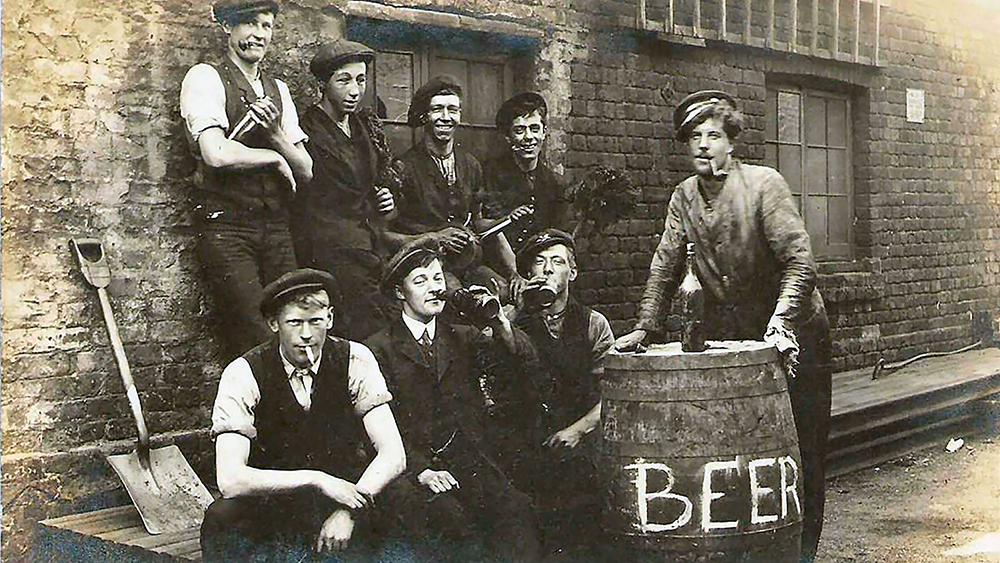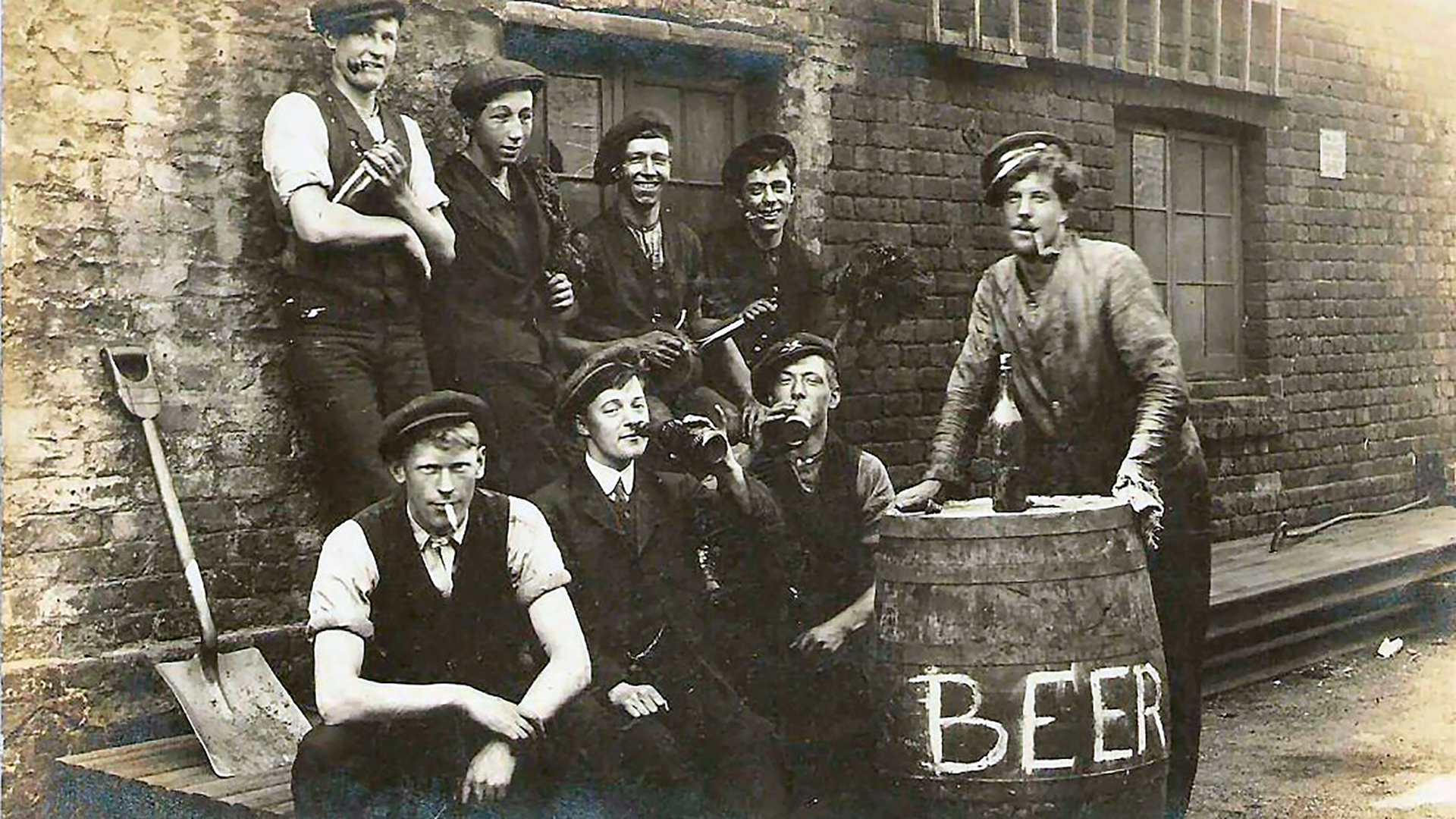Missing From CDC’s Advice for Women: Advice for Men
Last month, the Centers for Disease Control and Prevention released a document with some strongly worded guidelines for women. In order to prevent fetal alcohol syndrome, the CDC advised, women should avoid drinking, even if they’re not currently pregnant.
“Sexually active women who stop using birth control should stop drinking alcohol,” the document warned. “But most keep drinking.”
As CDC Principal Deputy Director Anne Schuchat put it in the agency’s press release, “The risk is real. Why take the chance?”

The CDC advised that women avoid drinking — in case they get pregnant. But what about men? Visual: Flickr/James Gardiner Collection.
The CDC isn’t alone in these recommendations. The Mayo Clinic, too, suggests that sexually active women in their childbearing years “consider giving up alcohol” in anticipation of unexpected pregnancies.
The advice is not clinically unsupported, given the potential impacts of alcohol on early fetal development, and at a time when some women may not even realize that they’ve become pregnant. But critics have been swift to condemn these sorts of broad-brush recommendations, in part because they rely on both an improbable ideal of human behavior, and a paternalistic notion of the correct way for women to use their bodies.
The CDC’s guidance drew particular ire. “To extend this idea to women who might become pregnant … suggests the same old idea that all women are either future, current, past or broken incubators,” Jia Tolentino wrote at the website Jezebel, in response to the agency’s advice.
But the CDC report also missed a much bigger point: A growing body of evidence suggests that fathers’ behavior — including their drinking habits — can also affect fetal health.
In a 2013 study, for example, a team of researchers coerced lab mice to breed. The male mice were fed a solution of either saline or alcohol just before they impregnated a group of sober female mice. As compared to their sober peers, the offspring of the drunken mice were underweight and underdeveloped. “Our findings suggest that paternal alcohol consumption prior to conception represents a potential risk to fetal and postnatal development,” the researchers concluded.
Granted, a mouse model can’t be perfectly extrapolated to give answers about human health, and it’s hard to imagine how a similar human study might be staged. But even when science does provide more conclusive evidence that mothers aren’t the only ones who impact unborn children, we don’t always pay attention.
Last summer, the journal Molecular Psychiatry published the most comprehensive study of autism risk to date, which followed more than five million children — born between 1985 and 2004 across five countries — to see which ones were most likely to develop an autism spectrum disorder. The study, which was underwritten by the advocacy organization Autism Speaks, found that children born to older mothers did have an elevated risk for autism — but having an older father actually presented a higher risk.
It was another sobering counterpoint to idea that women alone risk the health of their child the longer they wait to conceive them. But according to Maureen Durkin, an epidemiologist and professor of population health sciences at the University of Wisconsin-Madison, researchers have long understood that the age of both parents has an effect on a developing fetus.
“In the epidemiology of mental disorders in general, there’s a long history of interest in maternal age,” explains Durkin. “But some researchers believe father’s age is more important.”
In reality, most of the data on autism spectrum disorders shows that age of both parents is important. Indeed, when Durkin examined age data from a similar autism population study, published in the American Journal of Epidemiology in 2009, she concluded that the ages of both parents were equally important.
“Maybe mothers just get blamed more than fathers,” she says.
Perhaps so. A Google search for “autism risk father’s age” turns up about 65,000 results. Replacing “father” with “mother” in the search, however, turns up over 9 million hits.










